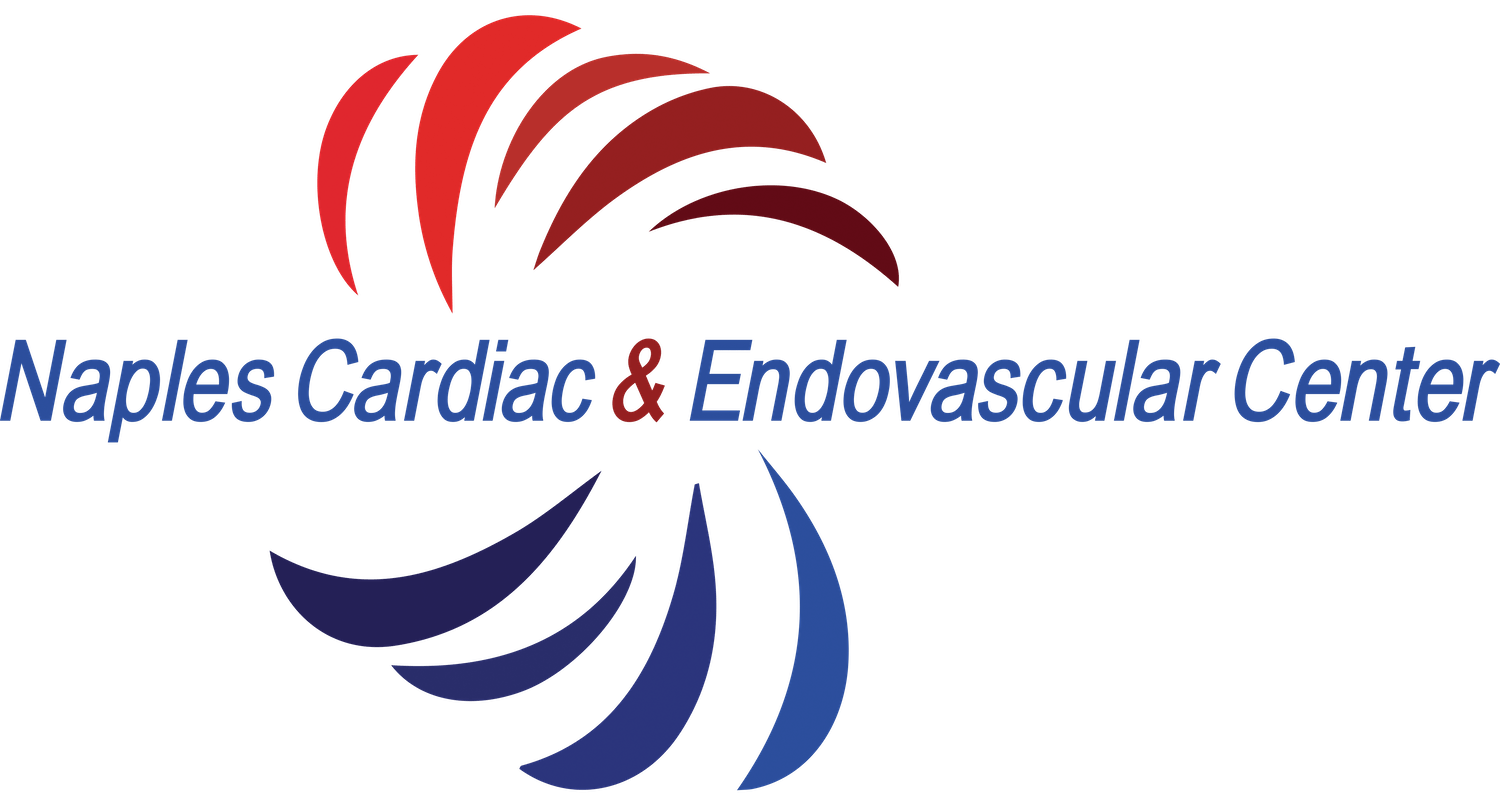Angina pectoris overview
This refers to the constellation of symptoms that occur when the blood supply to your heart muscle is severely reduced.
Angina Pectoris (“Angere” to tighten; “Pectoris” chest) loosely translates into strangling of the chest.
Angina is often characterized by chest pain or discomfort that is precipitated by physical activity or emotional distress. It’s often caused by coronary artery disease, which narrows the heart arteries. This pain is often described as pressure, fullness, or pressing, or squeezing near the sternum/center of chest. This pain can also be felt near the neck, back and left jaw.
Dr. Leandro Perez gives us an overview of angina pectoris.
Types of angina
There are three types of angina: Stable, Unstable, and Variant Angina.
Stable angina is the most common type. It happens when the heart is working harder than usual, and it has a regular pattern. Rest and medicine usually help to relieve the symptoms.
Unstable angina is the most dangerous type. It can happen without trigger, so its onset can be random. This type of angina can cause symptoms at rest and is included in the heart attack category.
Variant angina is the least common type. It is also known as Prinzmetal's Angina. It happens because of coronary spasm, which is a dynamic narrowing of the heart arteries in response to specific triggers.
Symptoms of angina
Angina symptoms can vary from person to person and by the type of angina you have. The main symptoms of angina are:
Shortness of breath or difficulty breathing
Pain occurs under high stress or environments where the heart must work harder than it usually does
Tightness, pressure or discomfort in the centre of the chest
A burning sensation that feels like indigestion or heartburn
Chest pain that is new, worsening or constant
How is angina diagnosed?
The diagnosis of angina starts with a thorough history and physical examination. Your doctor may recommend an electrocardiogram (EKG), a stress test, a cardiac computerized tomographic study (CAT scan) or a heart catheterization based on your specific presentation.
How is angina treated?
It depends on your specific presentation. In some cases, medications alone are able to eliminate your symptoms; in other cases, a coronary stent or coronary bypass is recommended.
To request a consultation click below or call (239) 300–0586


